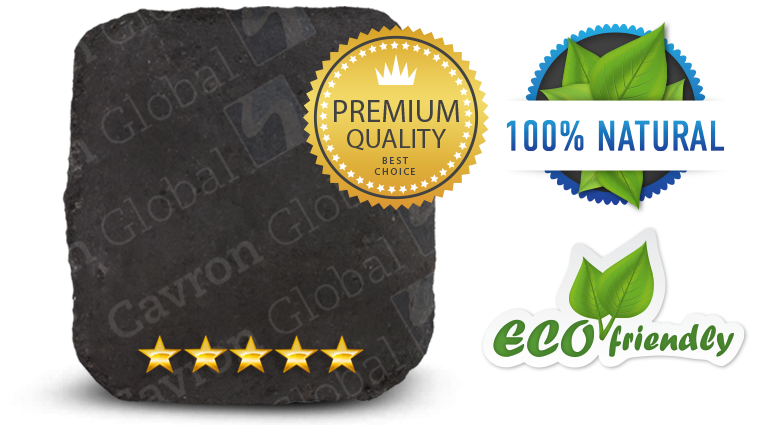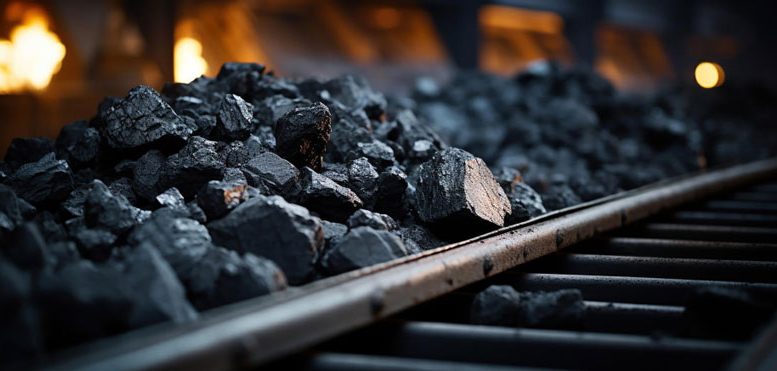Introduction:
In the quest for sustainable grilling, understanding the environmental impact of your charcoal choices is crucial. This guide delves into the specifics of coconut charcoal briquettes, shedding light on their eco-friendliness and providing essential insights for environmentally conscious grilling enthusiasts.
The Eco-Friendly Essence of Coconut Charcoal Briquettes
Before exploring the environmental impact, let’s establish the eco-friendly nature of coconut charcoal briquettes. Derived from a renewable resource – coconut shells – these briquettes offer a sustainable alternative to traditional options.
Sustainable Sourcing Practices
Delve into the sustainable sourcing practices associated with coconut charcoal production. Learn how utilizing coconut shells, a byproduct of the coconut industry, contributes to waste reduction and provides an environmentally responsible fuel source.
Low Carbon Footprint of Coconut Charcoal
Assess the carbon footprint of coconut charcoal briquettes, considering factors like transportation, production processes, and overall environmental impact. Discover how the low carbon footprint of coconut charcoal aligns with a greener approach to grilling.
Comparing Environmental Impact: Coconut vs. Traditional Charcoal
Explore a comparative analysis of the environmental impact between coconut charcoal and traditional options. Assess deforestation concerns, carbon emissions, and other ecological factors to make an informed decision that aligns with your environmental values.
Biodegradability and Reduced Ash Production
Uncover the biodegradable qualities of coconut charcoal briquettes and how their reduced ash production contributes to a cleaner grilling experience. Learn how these characteristics positively impact the environment compared to some traditional briquette alternatives.
Responsible Disposal Practices
Understanding responsible disposal practices is integral to the overall environmental impact. Discover how coconut charcoal briquettes offer eco-friendly disposal options, contributing to a sustainable end-to-end lifecycle.
Conclusion :
Making environmentally conscious choices in your grilling endeavors involves considering the impact of your charcoal selection. The environmental benefits of coconut charcoal briquettes extend beyond the grill, providing a sustainable and eco-friendly option for those who prioritize responsible consumption. By incorporating these insights into your grilling routine, you contribute to a greener planet while savoring the flavors of conscientious BBQ.


